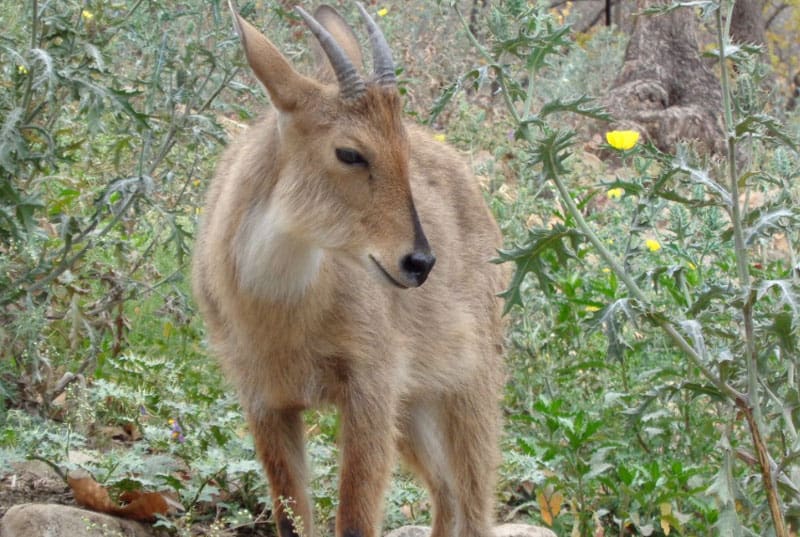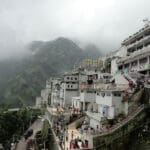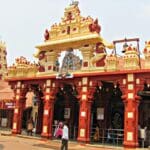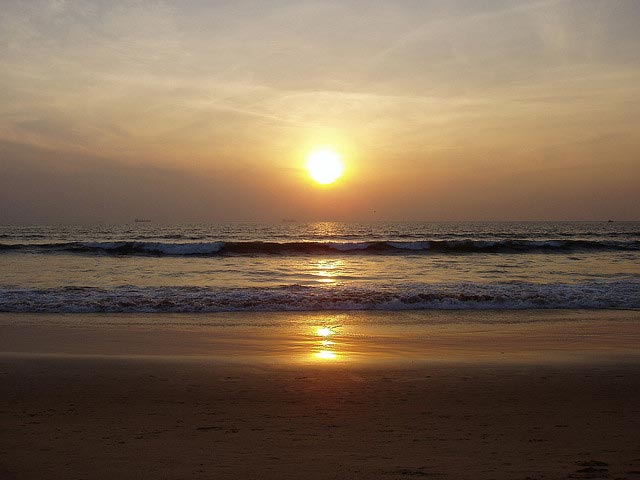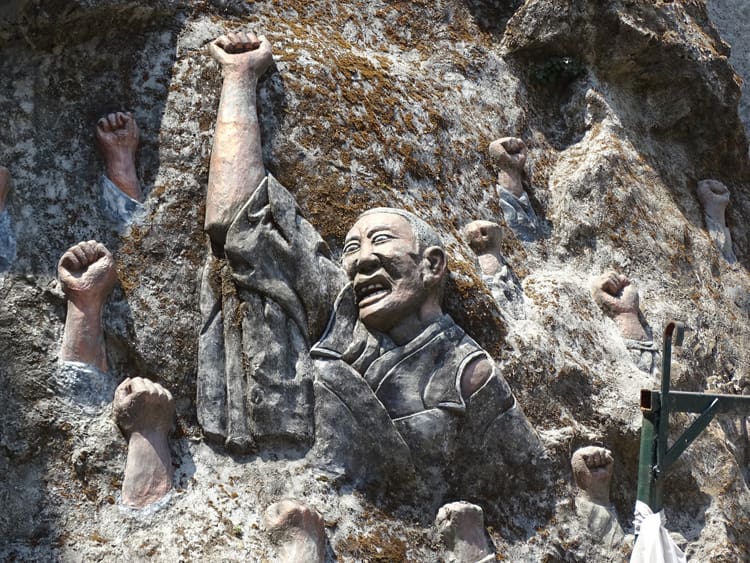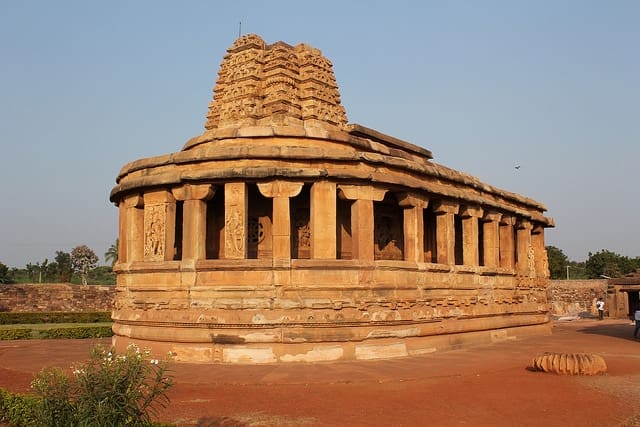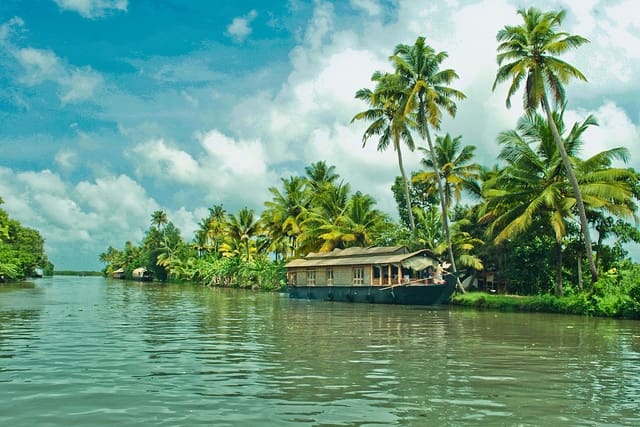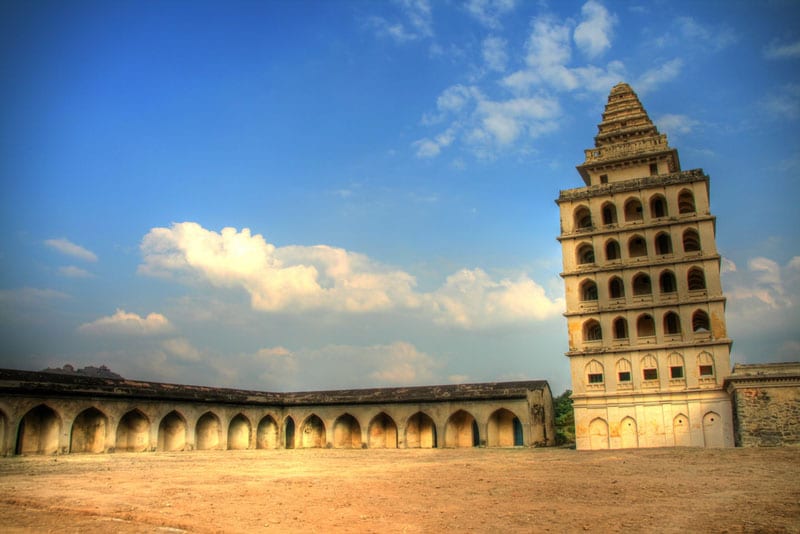Nestled within the lush foothills of the Shivaliks, Malsi Deer Park in Dehradun stands as a testament to the seamless blend of natural beauty and wildlife conservation. Upholding its reputation as one of Uttarakhand’s most celebrated green sanctuaries, this enchanting reserve sprawls across scenic terrains just a short drive from Dehradun city. As an esteemed eco-tourism destination, Malsi Deer Park captivates visitors with its vibrant flora, diverse fauna—especially an impressive population of deer—and an atmosphere that beckons both families and nature enthusiasts.
A Short History of Malsi Deer Park
Established to provide a safe haven for deer populations and other indigenous species, Malsi Deer Park has evolved from a small protected enclosure into a sprawling eco-park of significance. Its inception was driven by a broader regional commitment to wildlife conservation, giving sanctuary not only to deer, but to a spectrum of Himalayan wildlife. Over the decades, the park has expanded its mission to incorporate educational programs, collaborative conservation efforts, and sustainable tourism initiatives, ensuring a thriving ecosystem for generations to come.
Location: Where Nature Meets Urban Convenience
Situated at the foothills of the Shivalik range, Malsi Deer Park finds its home just 10 kilometres from the heart of Dehradun city, along the Dehradun-Mussoorie Road. Its strategic location offers tranquil natural vistas while ensuring accessibility for both residents and tourists. The park provides a refreshing detour for those en route to Mussoorie, with the captivating mountain backdrop adding a cinematic charm.
How to Reach Malsi Deer Park
By Road
Malsi Deer Park is easily commutable via state-run and private taxis. Local buses run frequently between Dehradun city centre and Mussoorie, stopping at the entrance of the park. For a more personalized experience, cab services and ride-shares are readily available.
By Train
Dehradun Railway Station, serving as a key junction for the region, is approximately 11 kilometres away. From the station, autos and taxis provide direct connectivity to the park grounds.
By Air
Jolly Grant Airport, Dehradun, located about 36 kilometres from the park, connects the city with major Indian metros. Post arrival, pre-paid taxis or app-based cab services can transport visitors swiftly to the park.
Entry Timings and Ticket Information
Visiting hours for Malsi Deer Park are designed to maximize both animal welfare and visitor experience:
- Timings: 10:00 AM to 5:00 PM (Closed on Mondays)
- Entry Fee: Nominal ticket charges apply, with special concessions for children and students.
It is recommended to check with the official park office for seasonal changes to opening hours and ticket pricing.
The Wildlife of Malsi Deer Park: An Enriching Encounter
Deer Species and Resident Fauna
The park’s flagship inhabitants, the graceful deer, reside in carefully maintained enclosures that closely mimic their natural habitat. Among the notable species are chital (spotted deer), sambar, and nilgai (blue bull), each offering visitors the chance to observe their distinct behaviors and social dynamics.
Beyond deer, the sanctuary harbours a medley of Himalayan fauna, including:
- Peacocks
- Parakeets
- Monkeys
- Rabbits
- Himalayan Black Bear
- Leopards (protected and specific enclosure)
- Varied bird species native to the Western Himalayas
These species co-exist in harmony, contributing to a vital biodiversity that distinguishes the park as a regionally significant wildlife reserve.
Aviary Wonders: Birdwatching at Malsi
Malsi Deer Park is a paradise for birdwatchers. The avifauna here is diverse, with the chorus of native and migratory birds filling the air. Ornithologists and enthusiasts can spot several rare and colourful species throughout the year, making the park a focal point for avian observation.
Recreational Facilities and Attractions
Children’s Play Area
A large, vibrant play area caters to young visitors, with modern swings, see-saws, slides, and a safe environment for children to explore. The combination of learning and fun turns a routine visit into a memorable family outing.
Mini Zoo: Beyond Deer
Within Malsi Deer Park, the mini-zoo structure introduces visitors of all ages to additional animal species in thoughtfully curated enclosures. This initiative fosters awareness about wildlife conservation and the importance of coexisting with nature.
Nature Trails and Walking Paths
Intertwined throughout the park, well-maintained nature trails encourage immersive exploration, letting visitors traverse beneath the rich canopy of tall trees and shrubs. These trails are purpose-built for birdwatching, photography, and experiencing the soothing sounds of nature.
Picnic Spots
Picnic enthusiasts will find several shaded spots equipped with benches and tables, perfect for a family or group retreat amid natural surroundings. Nearby food stalls ensure the availability of light refreshments.
Architectural Highlights and Landscape Design
Malsi Deer Park is acclaimed not just for its wildlife, but for visionary landscaping. Gardens feature native and ornamental plant species, manicured lawns, and thoughtfully positioned water bodies, enhancing the serenity and ecological value. Enclosures are constructed for optimal animal comfort and public visibility, demonstrating a commitment to ethical animal care.
Educational Initiatives and Conservation Efforts
The park functions as an educational hub where schools bring young students for field visits, supplementing classroom learning with practical insights about wildlife, habitats, and environmental stewardship. Workshops, awareness campaigns, and guided tours are regularly organized.
Further, conservation initiatives are conducted in partnership with local NGOs and wildlife bodies, focusing on:
- Breeding programs for endangered species
- Habitat restoration projects
- Anti-poaching measures
- Veterinarian support and animal husbandry seminars
Ecotourism and the Role of Community
Recognized as a flagship ecotourism venture, Malsi Deer Park invites participation from local communities and stakeholders. Employment opportunities, craft markets, and event collaborations foster symbiotic relationships between humans and nature.
Best Time to Visit Malsi Deer Park
While the park remains open year-round, the ideal months to visit are between October and March, when the climate is cool and pleasant, ensuring optimal wildlife viewing and outdoor enjoyment. Summers can be warm, whereas monsoons render the surroundings lush but may present slippery trails.
Visitor Guidelines and Responsible Tourism
To maintain Malsi Deer Park as a pristine haven, all visitors are encouraged to adhere to certain best practices:
- Avoid feeding or teasing animals
- Maintain silence around animal enclosures
- Dispose of waste only in designated bins
- Refrain from plucking plants or disturbing wildlife
- Follow staff instructions and signage for a safe, enriching experience
Photography and Filming
For photography professionals and enthusiasts, the park’s landscapes provide spectacular frames for wildlife and nature shots. Permits may be required for commercial or large-scale equipment, ensuring animal welfare remains top priority.
Food and Refreshments
Light meals, snacks, and beverages are accessible at the on-site canteen and stalls. Visitors are encouraged to pack their essentials, especially if travelling with children, factoring in the absence of elaborate food outlets within the wildlife precinct.
Nearby Attractions: Enriching Your Dehradun Sojourn
Combine your Malsi Deer Park visit with other local gems:
- Robber’s Cave (Gucchupani): A unique river cave formation ideal for soft adventure
- Sahastradhara: The famed ‘thousand-fold spring’ with healing waters
- Forest Research Institute: Iconic colonial architecture amid sprawling botanical gardens
- Tapkeshwar Temple: A sacred cave temple nestled by a picturesque stream
- Mussoorie: The ‘Queen of Hills’, a prominent hill station just a short drive uphill
Accommodation Options Near Malsi Deer Park
A diverse range of hotels, resorts, and lodges cater to varied budgets in close proximity to the park. From luxurious eco-resorts to homely guesthouses, visitors can choose their preferred stay, ensuring comfort and easy access to the park as well as other attractions.
Accessibility and Facilities for Special Needs
Malsi Deer Park is designed to be accessible for people of all ages and abilities. Paved walkways, accessible toilets, benches, and shaded areas are strategically placed throughout. Special assistance can be arranged with prior notice.
Sustainable and Green Practices at Malsi Deer Park
The park is committed to sustainable operations, minimizing its environmental footprint via:
- Rainwater harvesting
- Waste segregation and recycling
- Organic landscaping methods
- Renewable energy integration
Visitors are encouraged to support these initiatives for a positive impact.
Events, Celebrations, and Wildlife Week
Throughout the year, themed events are organized to mark occasions such as World Wildlife Day, Environmental Day, and Wildlife Week, featuring guided tours, expert talks, creative competitions for children, and tree-planting drives. These provide unique learning opportunities and foster a sense of collective responsibility for preserving wildlife heritage.
Shopping and Souvenirs
An on-site handicraft stall and small shops near the park sell eco-friendly souvenirs, local artefacts, and memorabilia. Supporting these stalls directly benefits regional artisans and community enterprises.
Visitor Safety and Emergency Services
Park authorities prioritize the safety of guests and wildlife. Emergency protocols, trained staff, and first-aid stations are in place to handle unexpected situations seamlessly. Security personnel patrol the grounds, ensuring a peaceful environment for all.
Plan Your Visit: Sample Itinerary to Malsi Deer Park
Morning
- Arrive at the park entrance by 10:00 AM
- Enjoy a guided walk through animal enclosures, engaging with park naturalists
- Participate in a birdwatching session along nature trails
- Explore educational exhibits and learn about ongoing conservation projects
Afternoon
- Lunch break at designated picnic spot
- Let children explore the play area and mini zoo
- Attend an interactive wildlife seminar if available
- Shop for souvenirs and local handicrafts
- Wrap up the visit by 4:30 PM, ensuring time for photographs and relaxation
Evening
- Head out to nearby attractions or continue to Mussoorie for an evening at the hill station
Practical Tips for Visitors
- Wear Comfortable Shoes: Trails can be unpaved or rocky.
- Carry Essentials: Sunscreen, hats, reusable water bottles, and binoculars are highly recommended.
- Follow Ethical Wildlife Practices: Maintain a safe distance from animals and avoid littering.
- Respect Quiet Zones: Silence is appreciated in birdwatching and animal enclosure areas.
- Check for Park Updates: Weather, maintenance, or events might influence timings and access.
- Travel Light: Large bags are discouraged to facilitate movement and security checks.
The Hidden Gems and Unmissable Experiences at Malsi Deer Park
- Sunrise and Early Morning Walks: Witness animals in their most active states and capture the golden hues of dawn in your photographs.
- Nature Photography Workshops: Occasionally hosted by local photographers, these workshops offer passionate shutterbugs hands-on tips amid stunning wildlife settings.
- Educational Displays: Rotating exhibits showcase the region’s biodiversity, forest conservation history, and animal behaviour insights.
- Kids’ Animal Trail: A dedicated learning pathway for children, marked by fun fact placards and animal footprints.
Why Malsi Deer Park is Perfect for Every Traveller
Families, couples, researchers, and birdwatchers alike find ample reason to immerse themselves in the blissful environment of Malsi. For some, it’s the chance to introduce children to the majesty of the animal world in a secure setting. For others, it’s the opportunity to marvel at the natural tapestry of Uttarakhand or partake in responsible recreation that leaves a positive impact.
Conclusion: Embrace the Wild Heart of Dehradun
Malsi Deer Park is more than just a wildlife reserve—it is the beating heart of Dehradun’s eco-tourism circuit, where the splendors of the Himalayan foothills meet mindful wildlife stewardship. With each visit, guests not only witness nature’s wonders but also participate in the sacred act of preserving our planet’s delicate balance. We invite you to experience the allure, serenity, and vitality of Malsi Deer Park, and to leave inspired to protect the wild, wherever your journeys may take you.
Frequently Asked Questions (FAQ) about Malsi Deer Park, Dehradun
1. What is the entry fee for Malsi Deer Park?
Entry fees are nominal, with special discounts for children and educational groups. Please check with park authorities for current rates.
2. What is the best time of year to visit Malsi Deer Park?
The optimal visiting period is between October and March, thanks to pleasant weather and active wildlife.
3. Can I carry food inside the park?
Yes, light snacks and water are permitted, but visitors should keep the park clean and avoid feeding animals.
4. Are guided tours available?
Yes, the park offers guided tours and educational sessions on request.
5. What types of animals can we see at Malsi Deer Park?
The park boasts chital deer, sambar, nilgai, peacocks, Himalayan black bears, rabbits, monkeys, and an array of birds.
6. Is photography allowed inside the park?
Photography for personal use is permitted, but commercial shoots require advance approval from the authorities.
7. Are there facilities for differently-abled visitors?
Yes, accessible pathways, restrooms, and seating areas are provided throughout the park.
8. Is outside transportation available to and from the park?
Taxis, buses, and private vehicles can easily transport visitors to the park’s main entrance.
9. Can children enjoy special amenities here?
Absolutely. The park features a dedicated playground and educational displays tailored for young visitors.
10. Does the park offer any conservation or volunteering opportunities?
Yes, programs for conservation volunteering and educational outreach are periodically available. Inquire at the park office for current opportunities.


